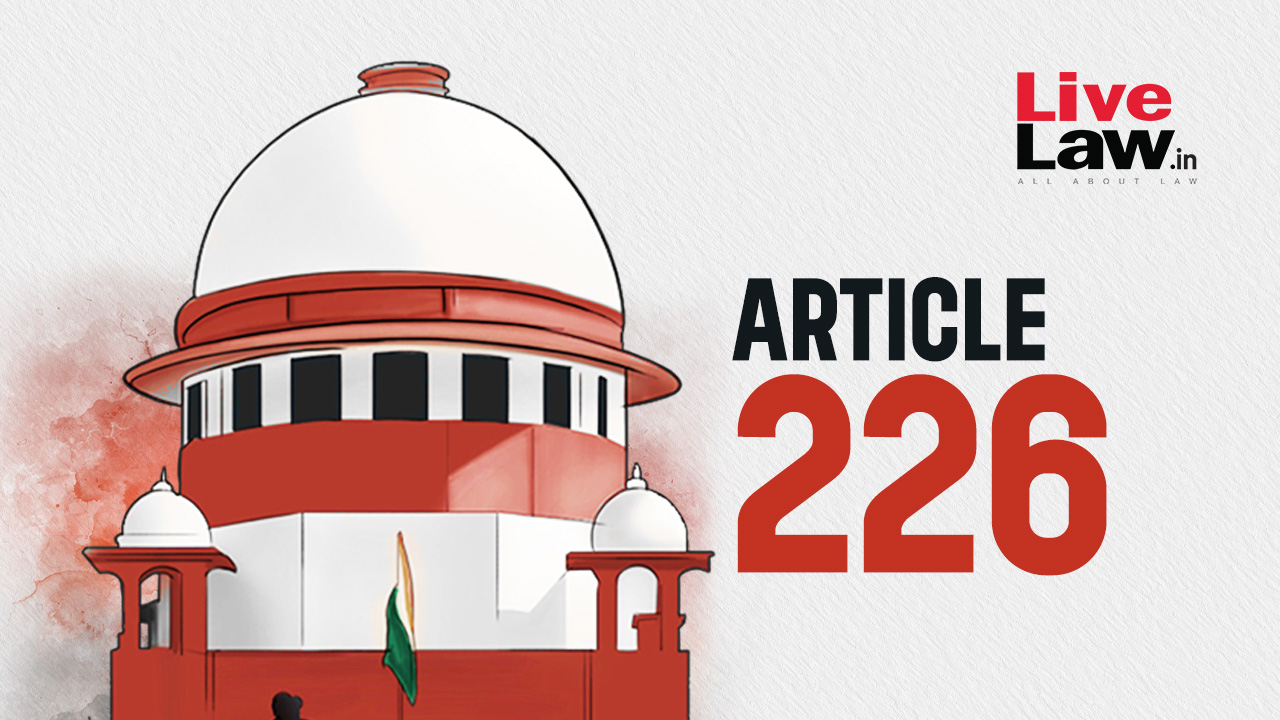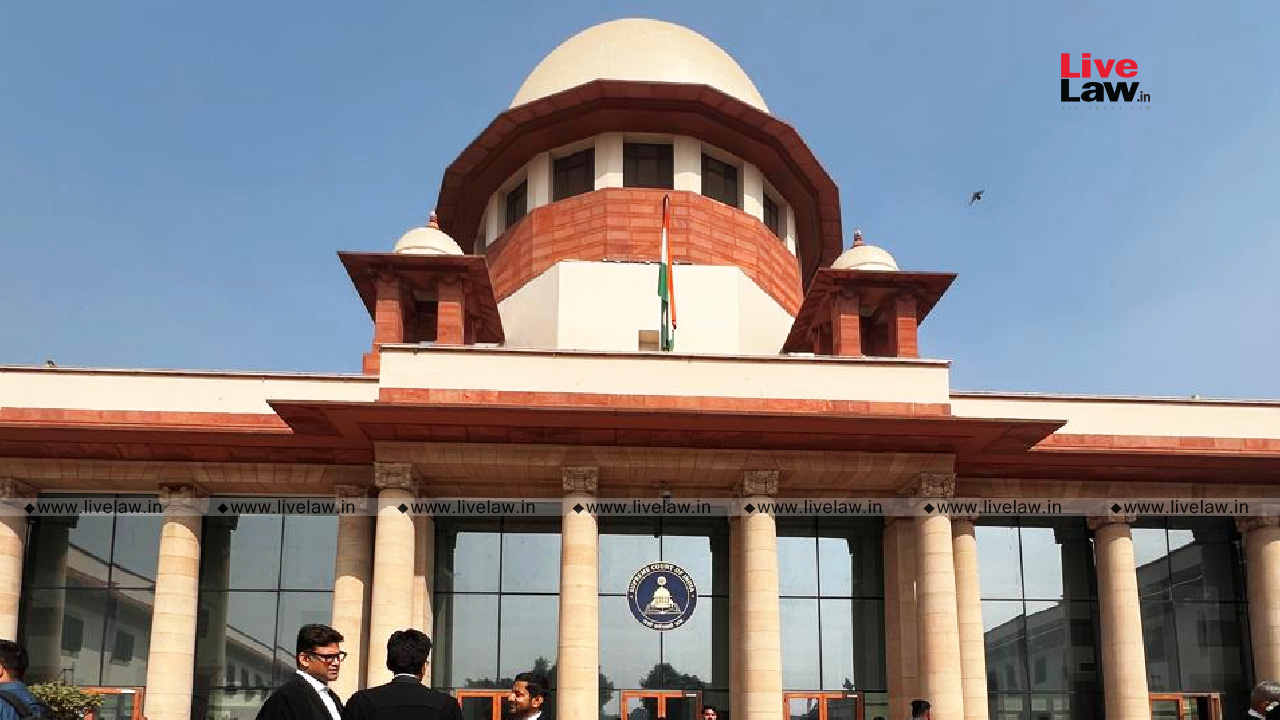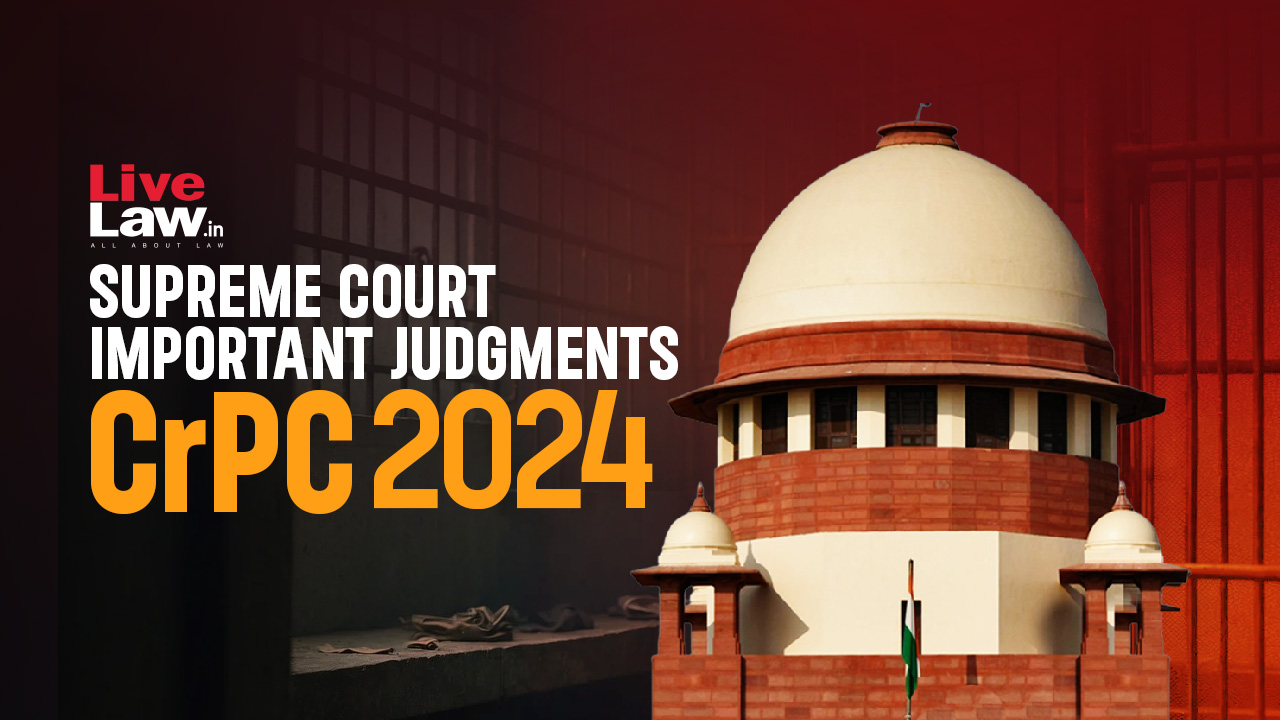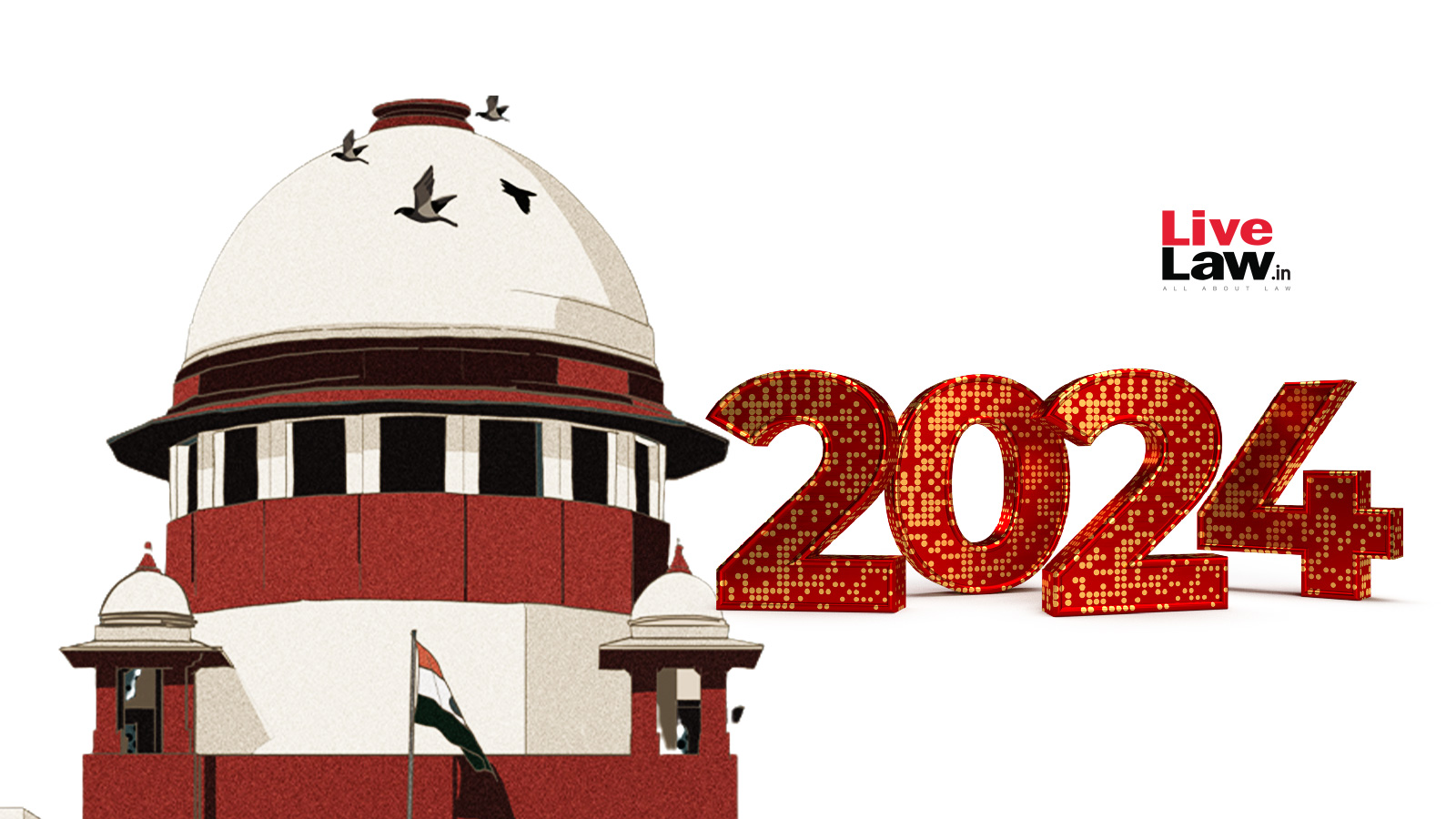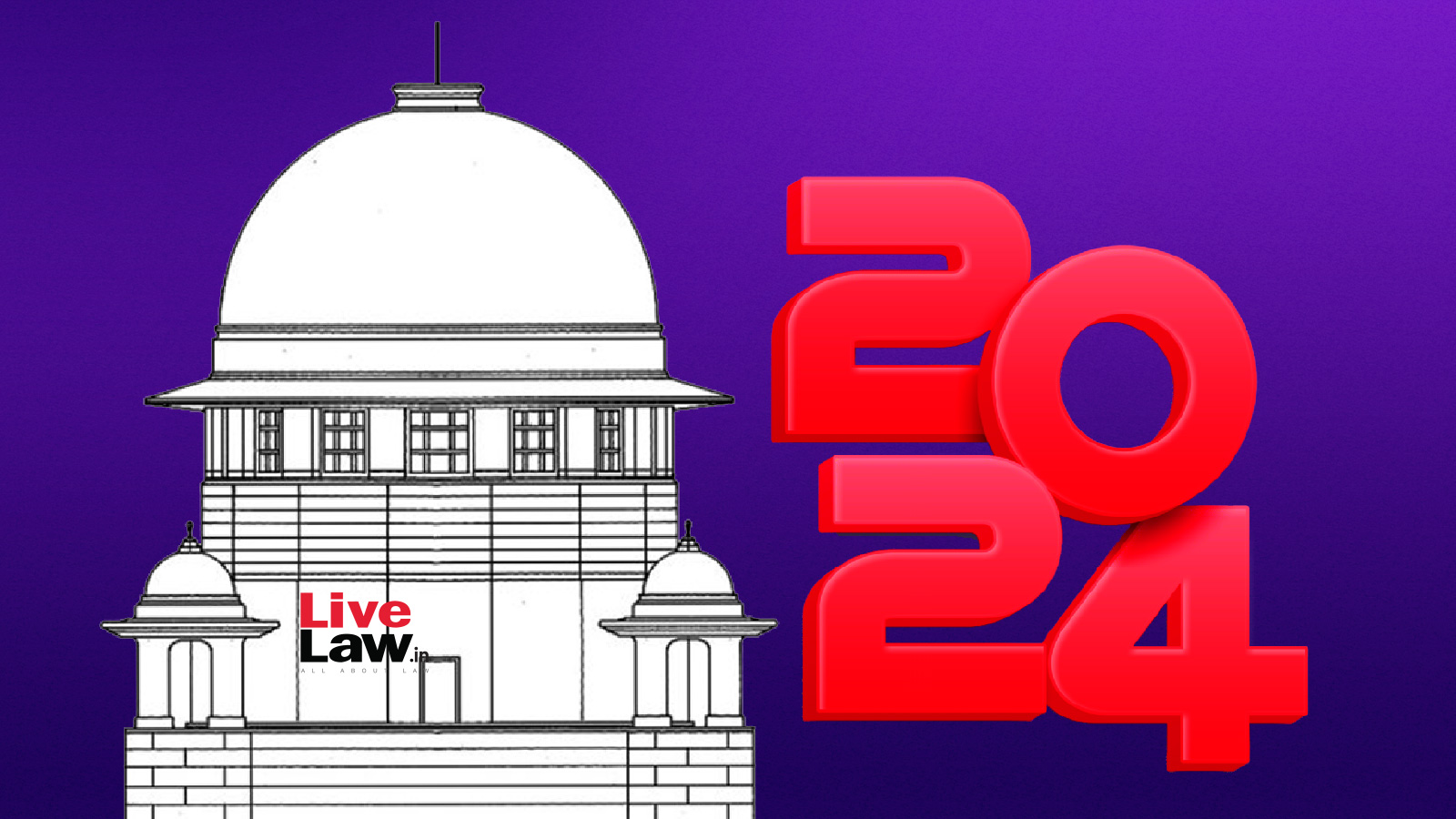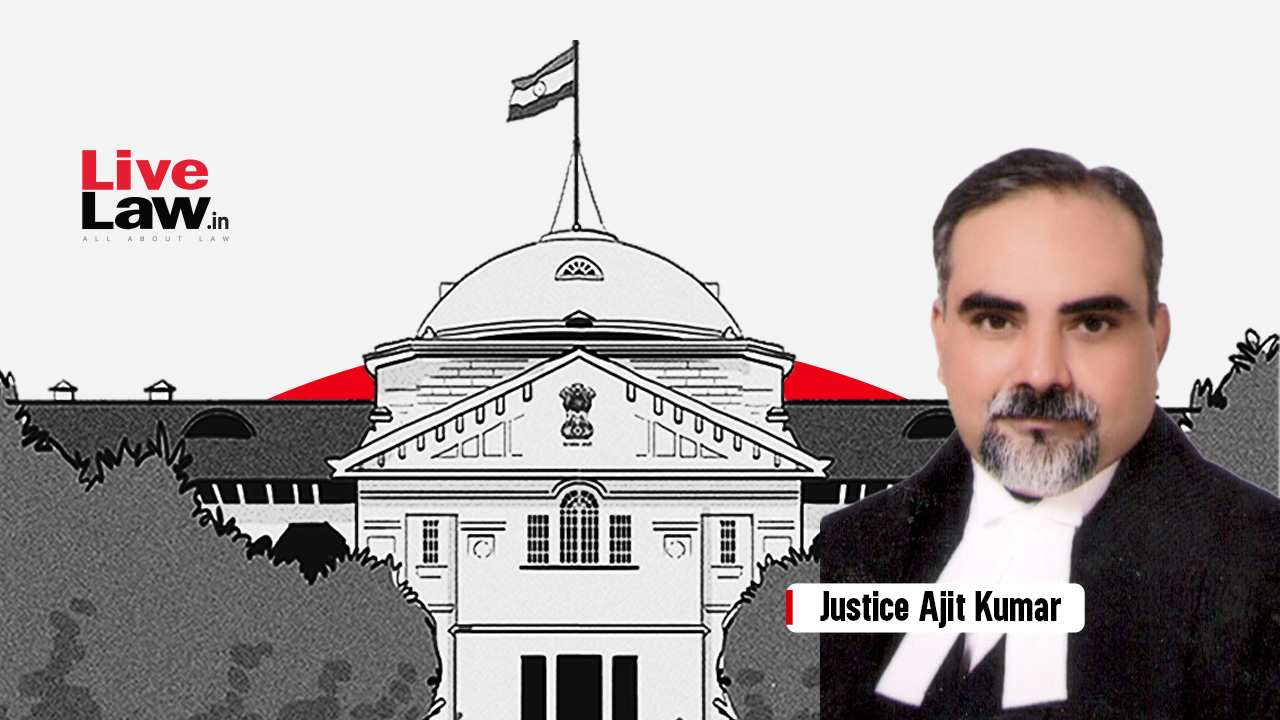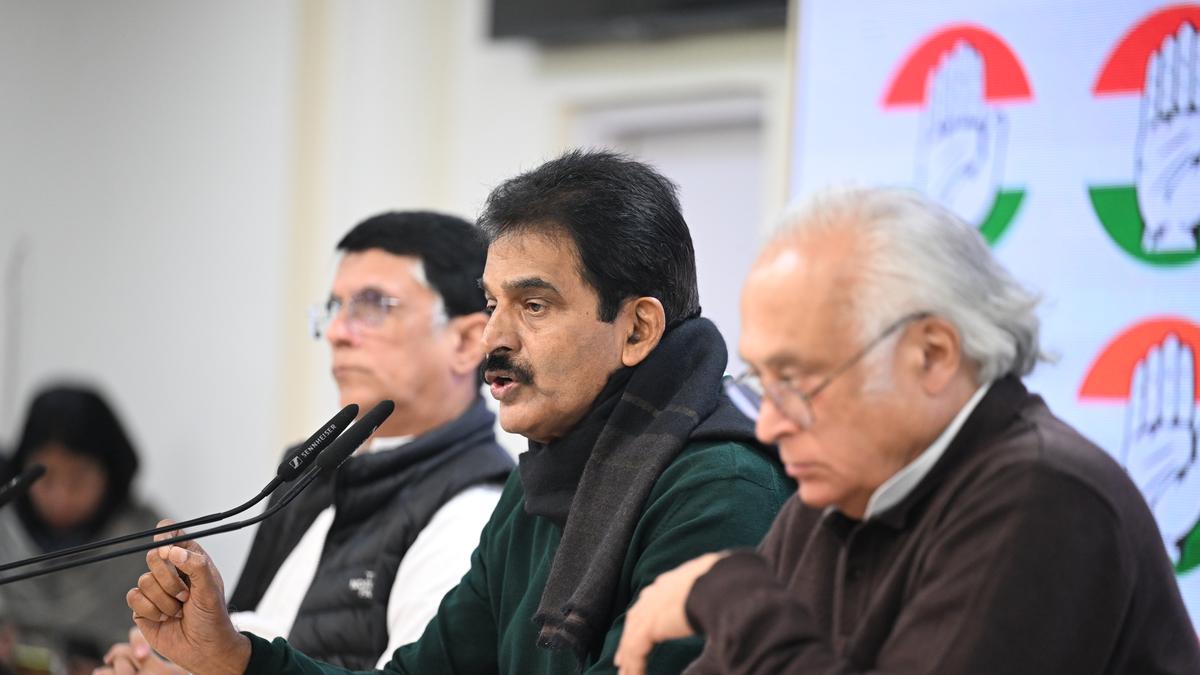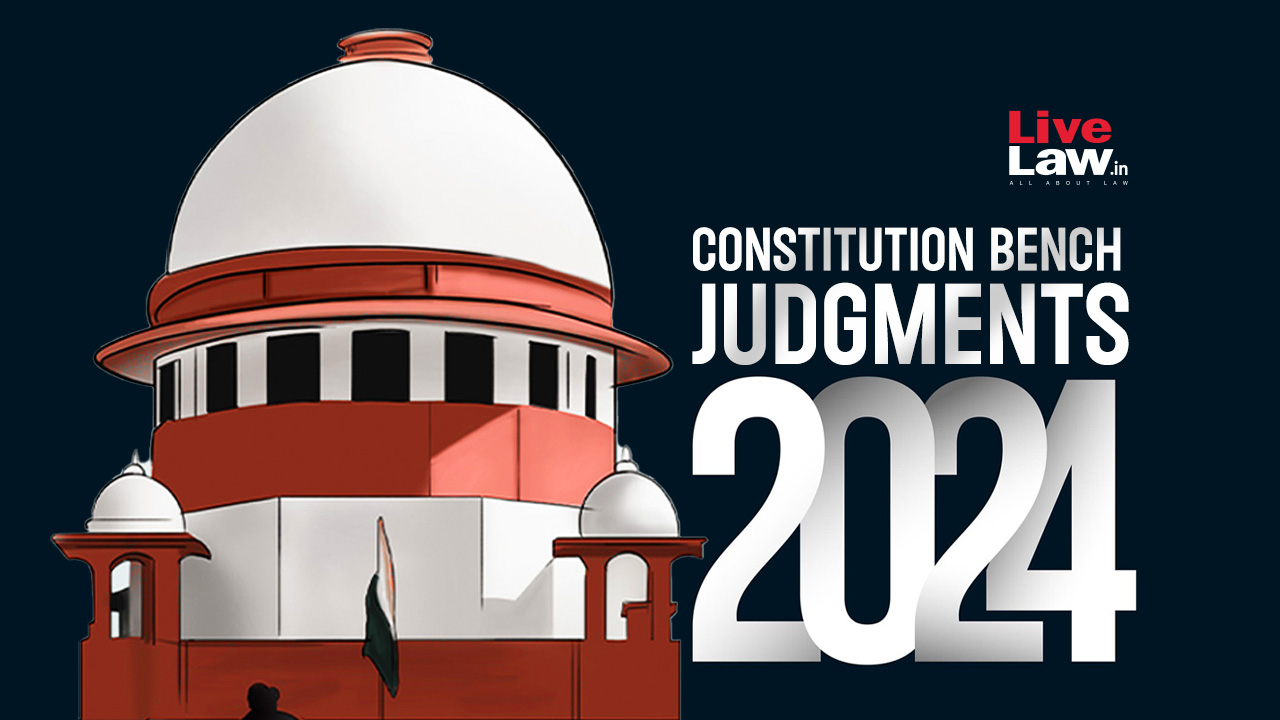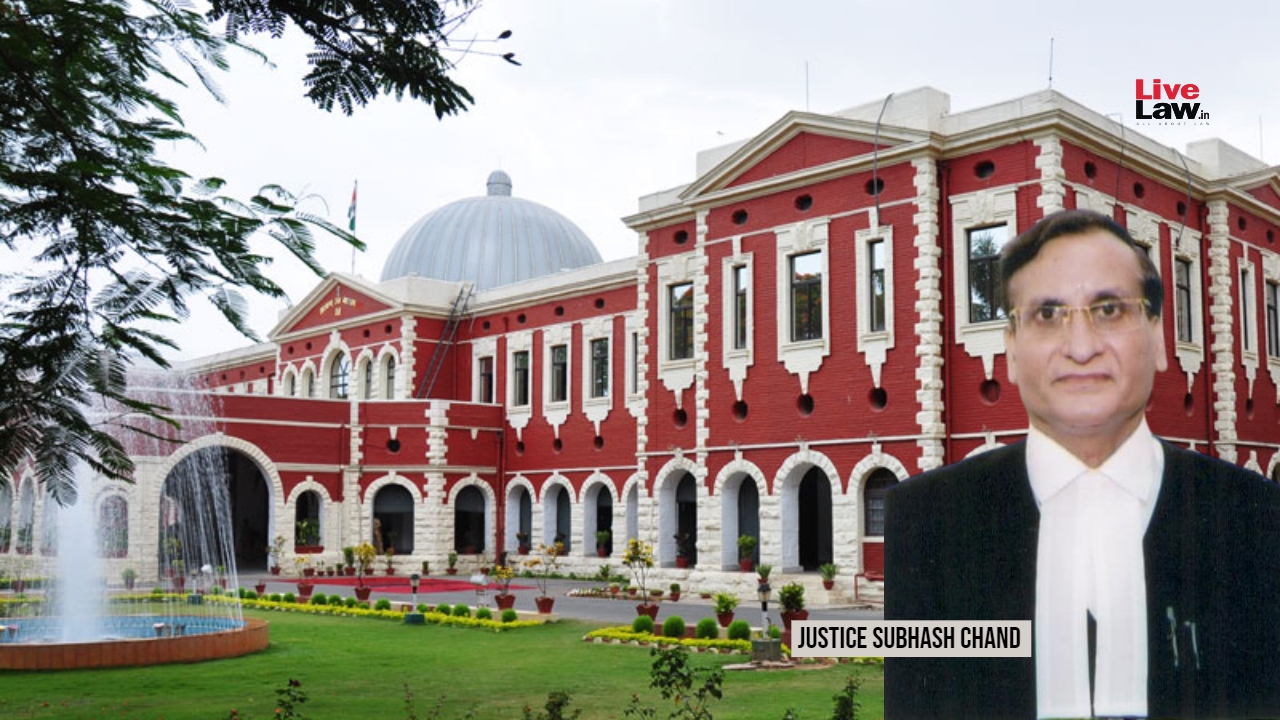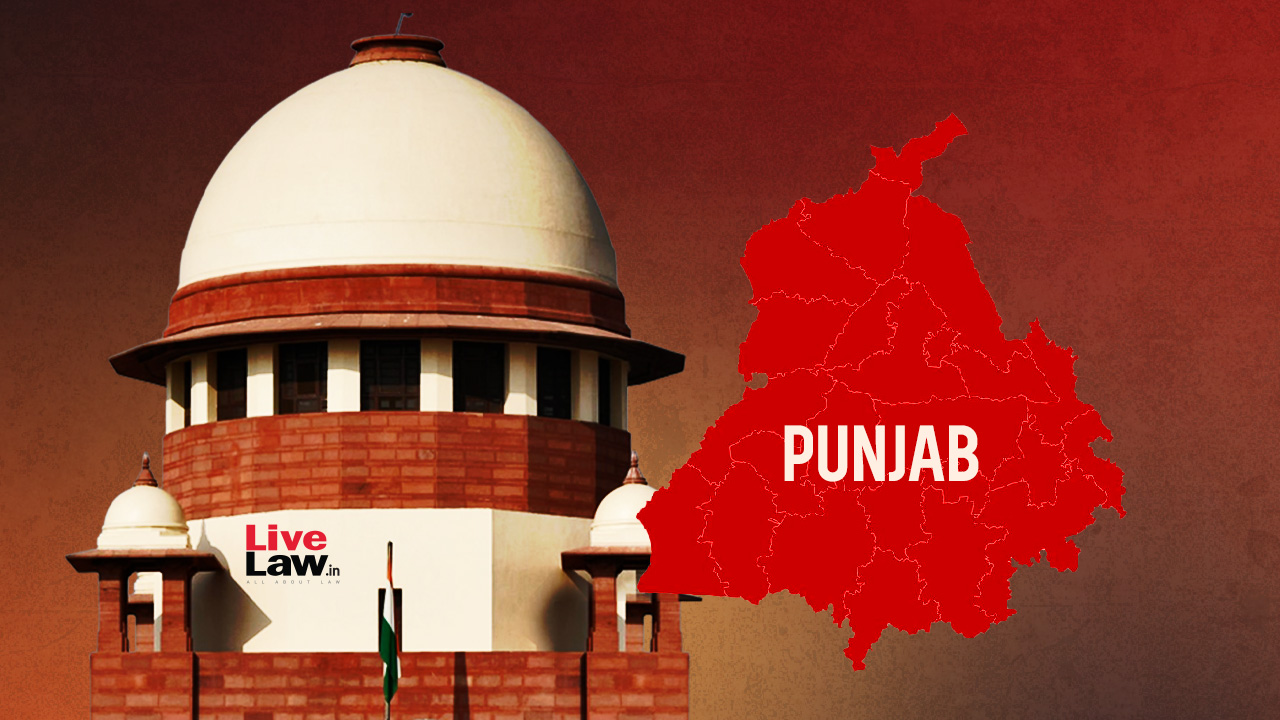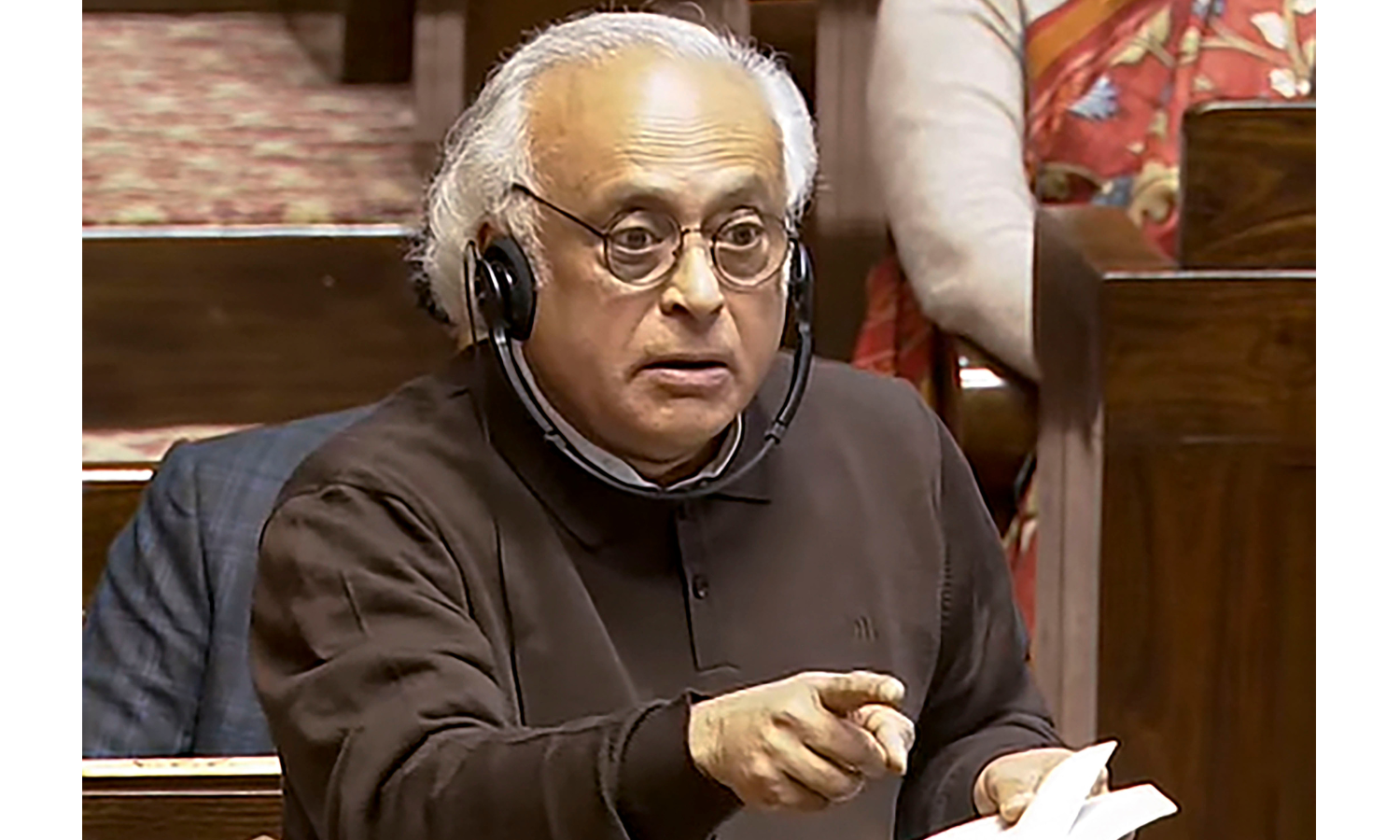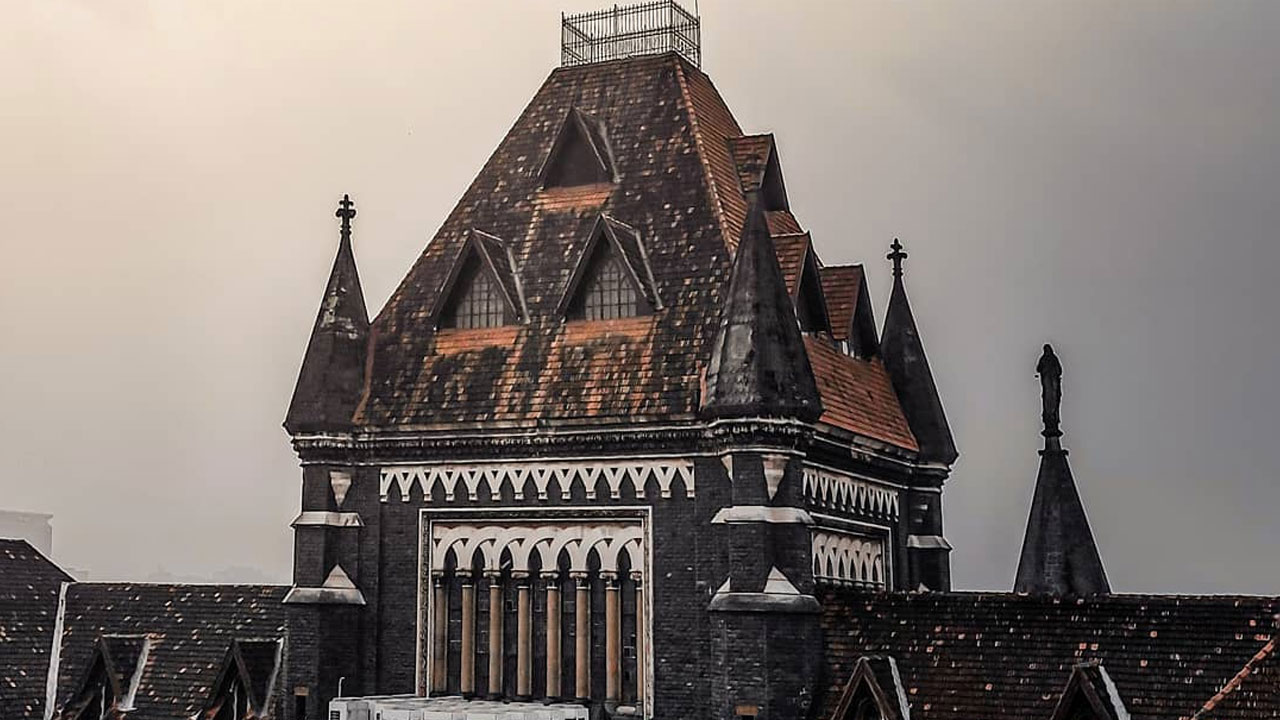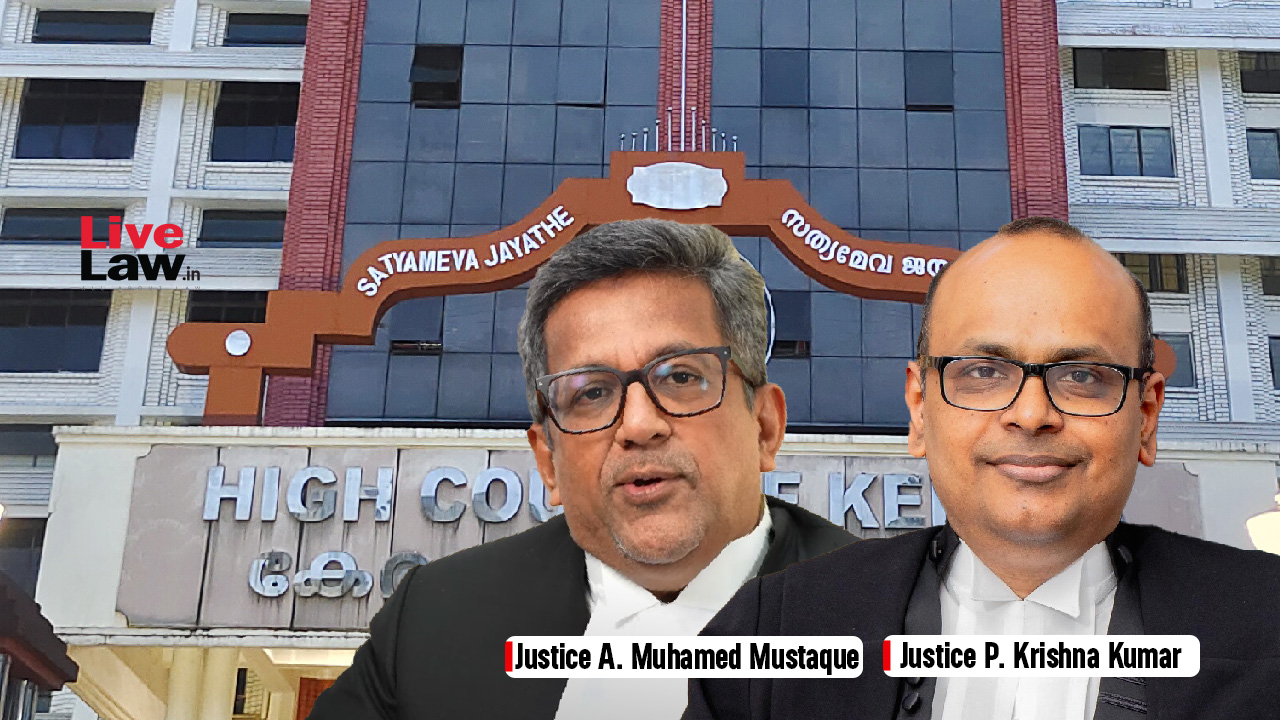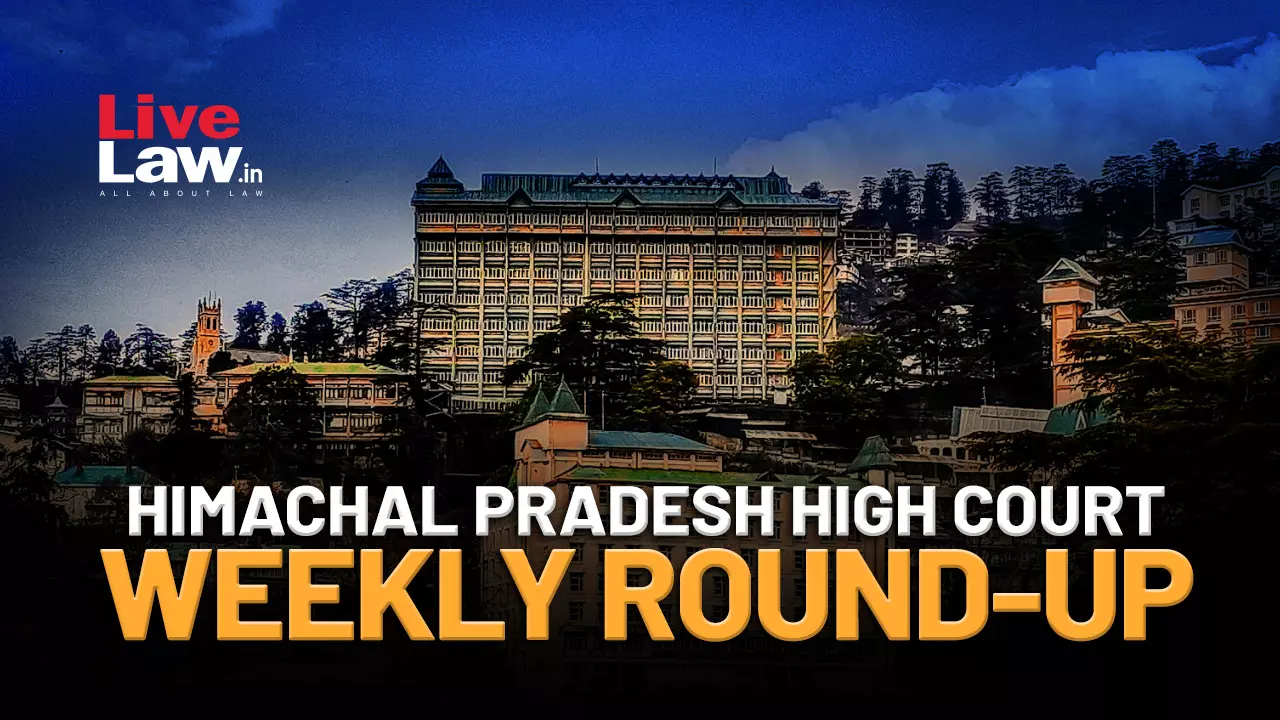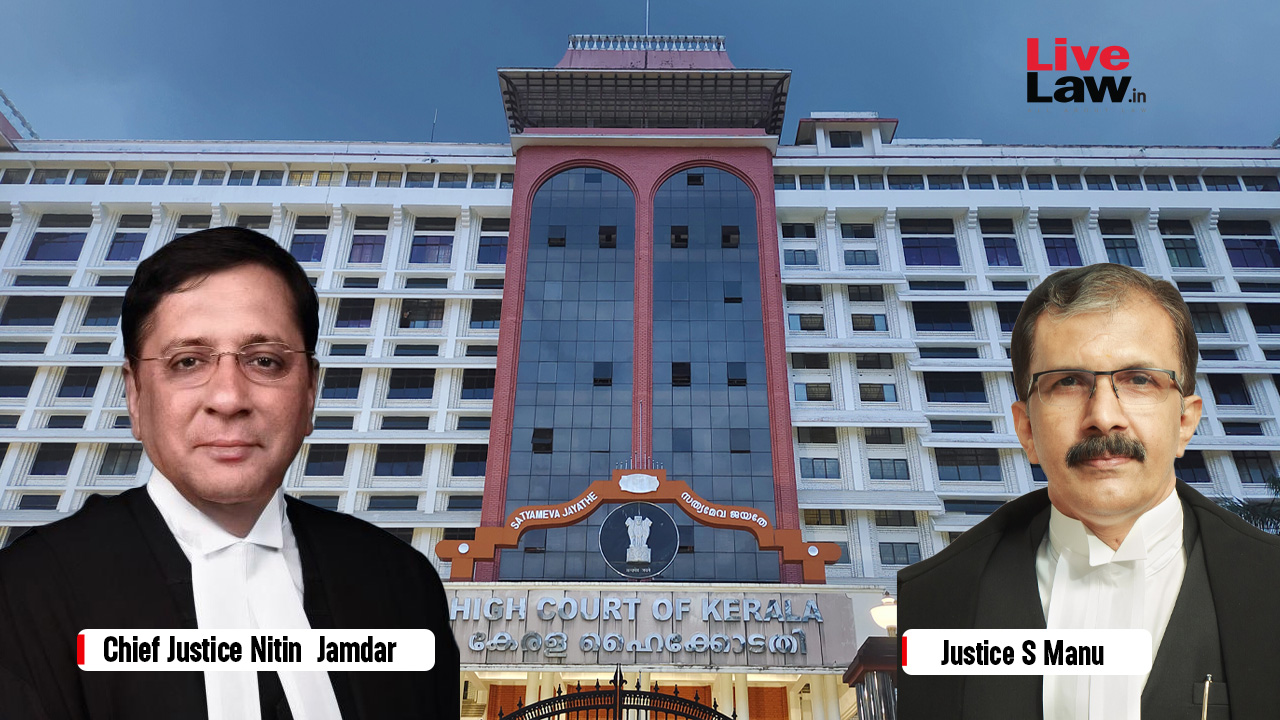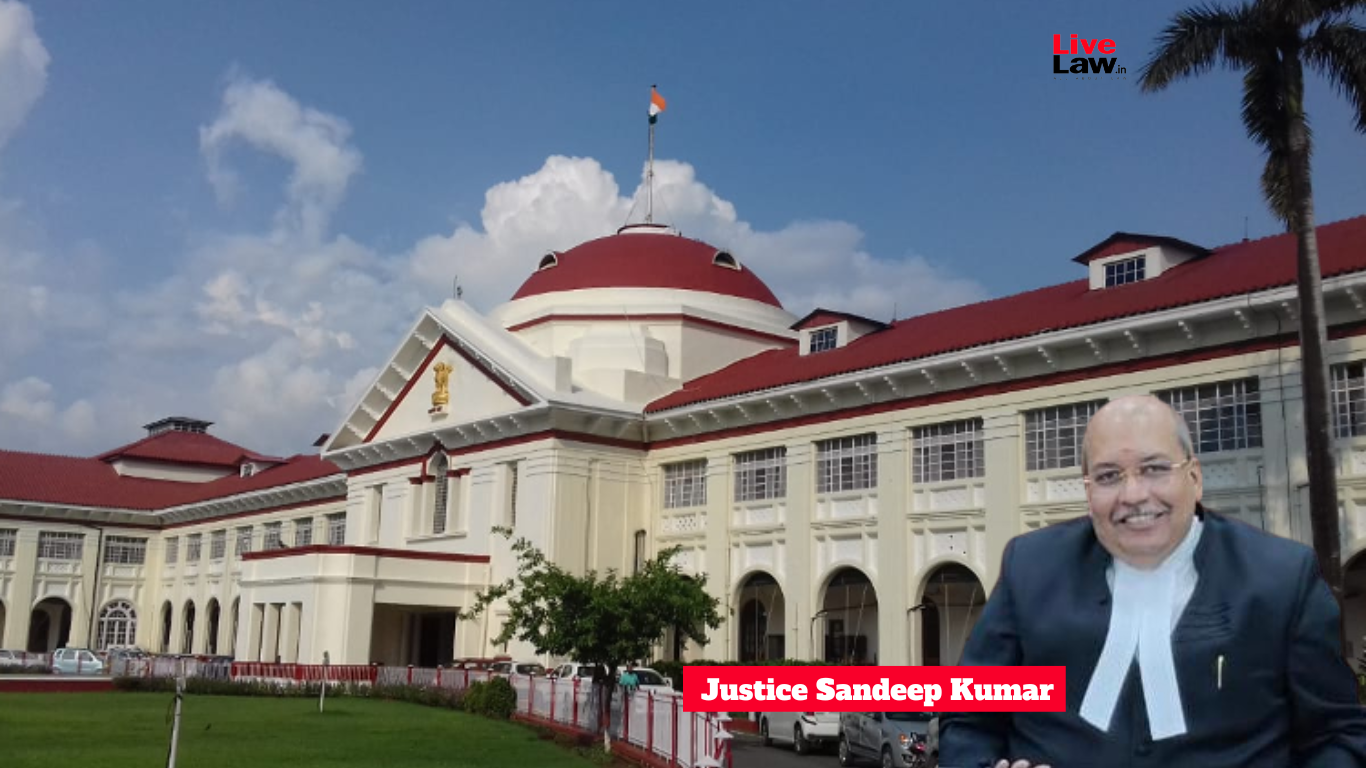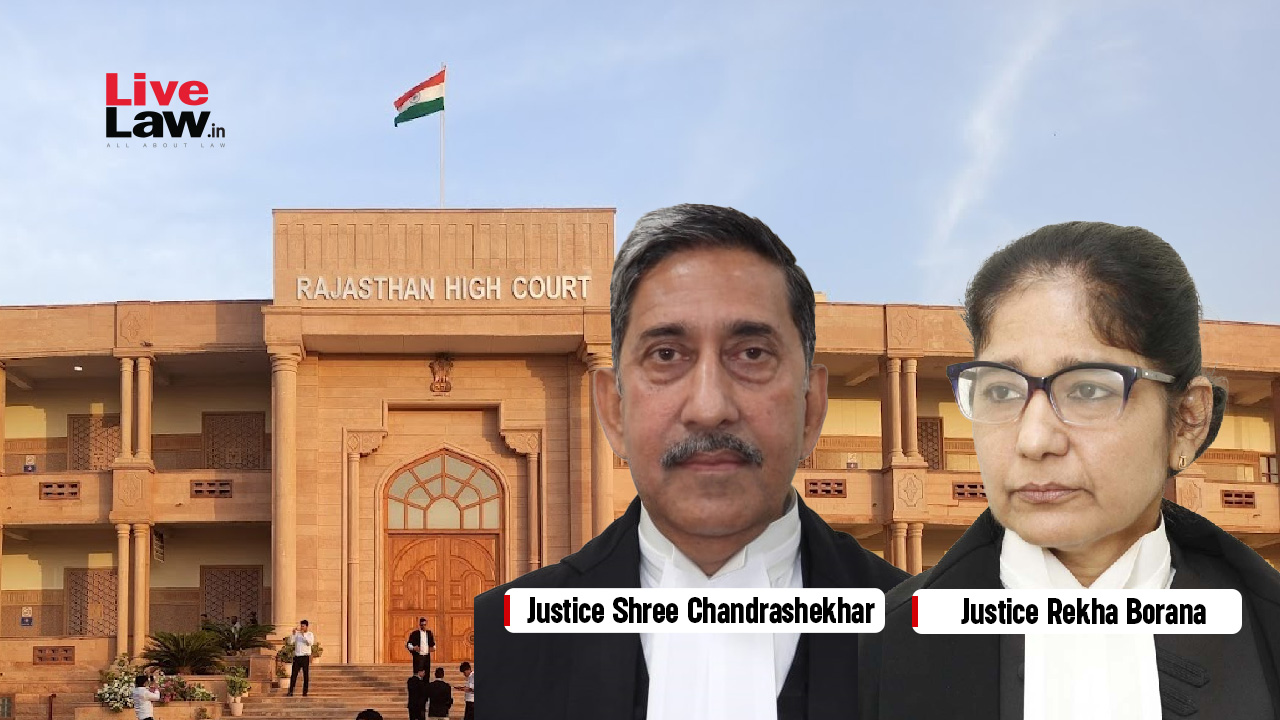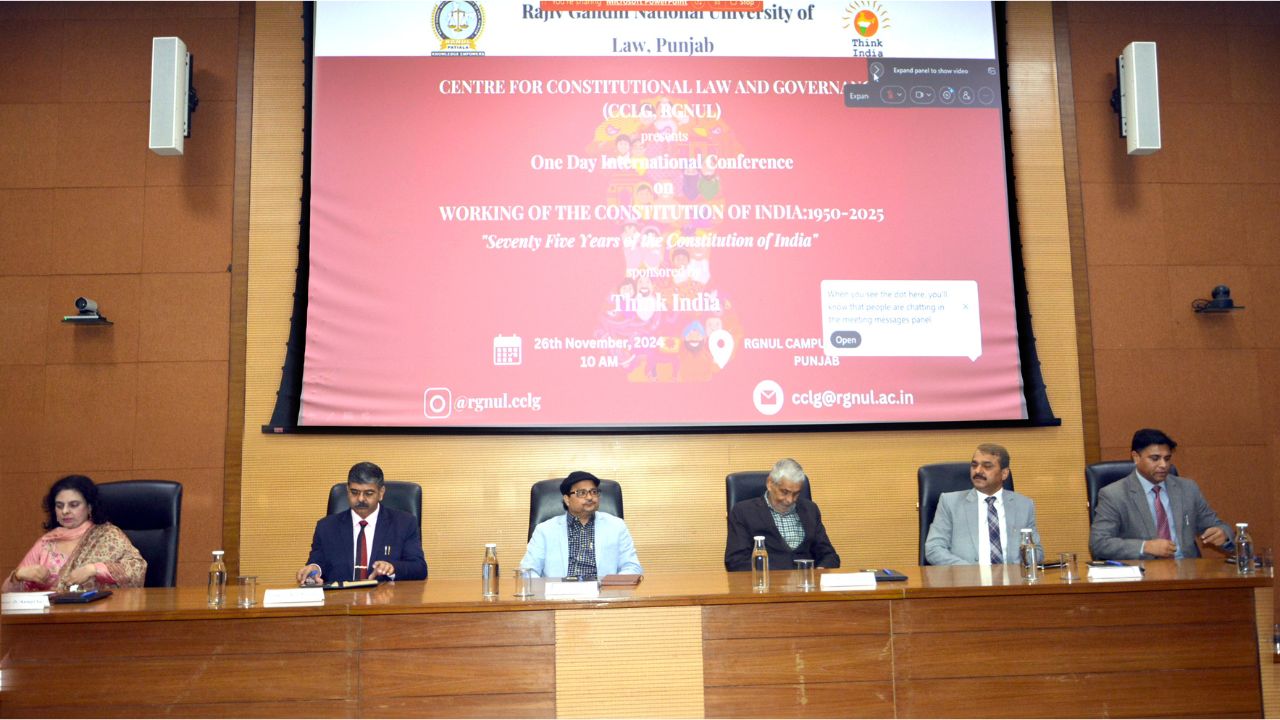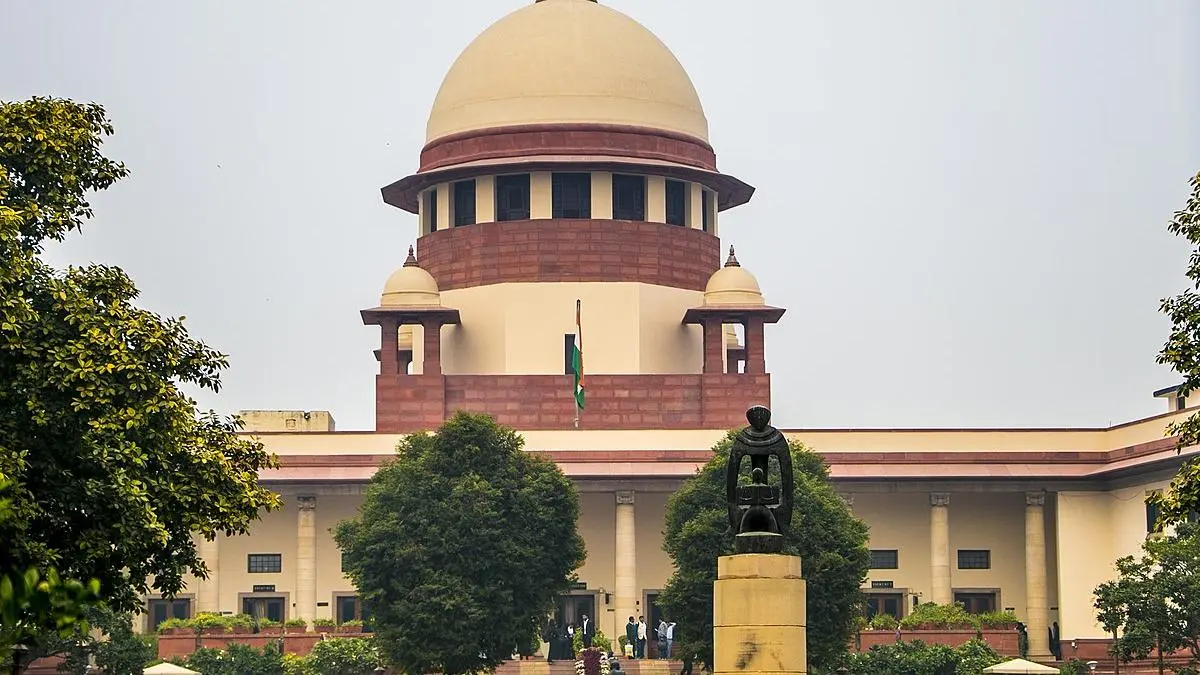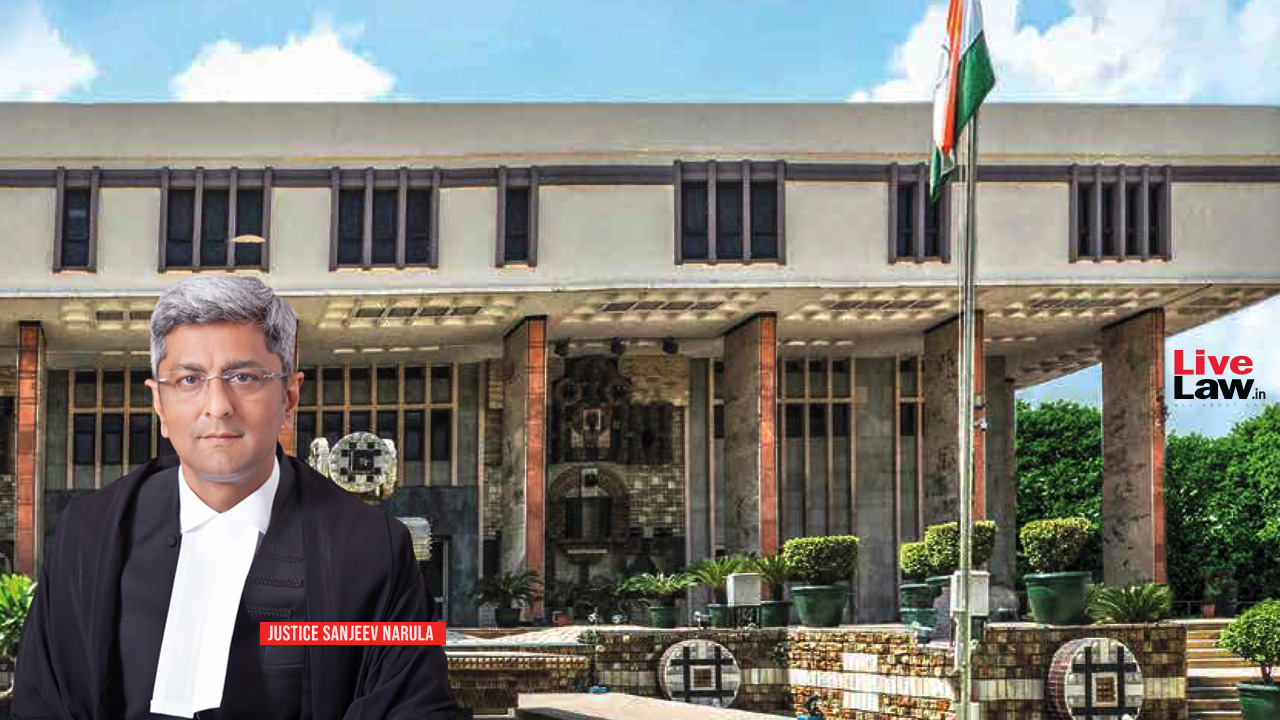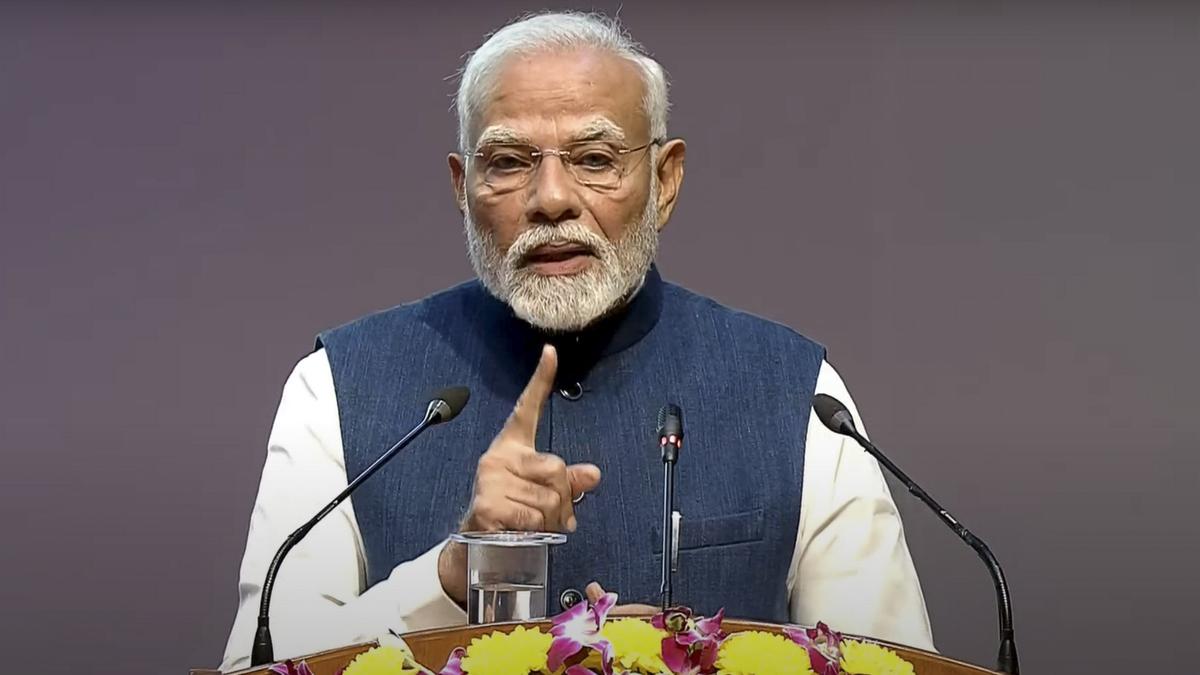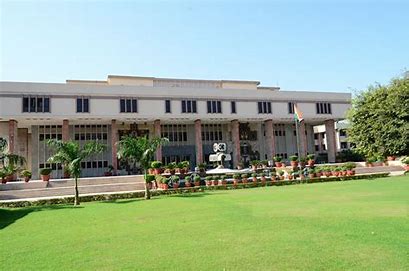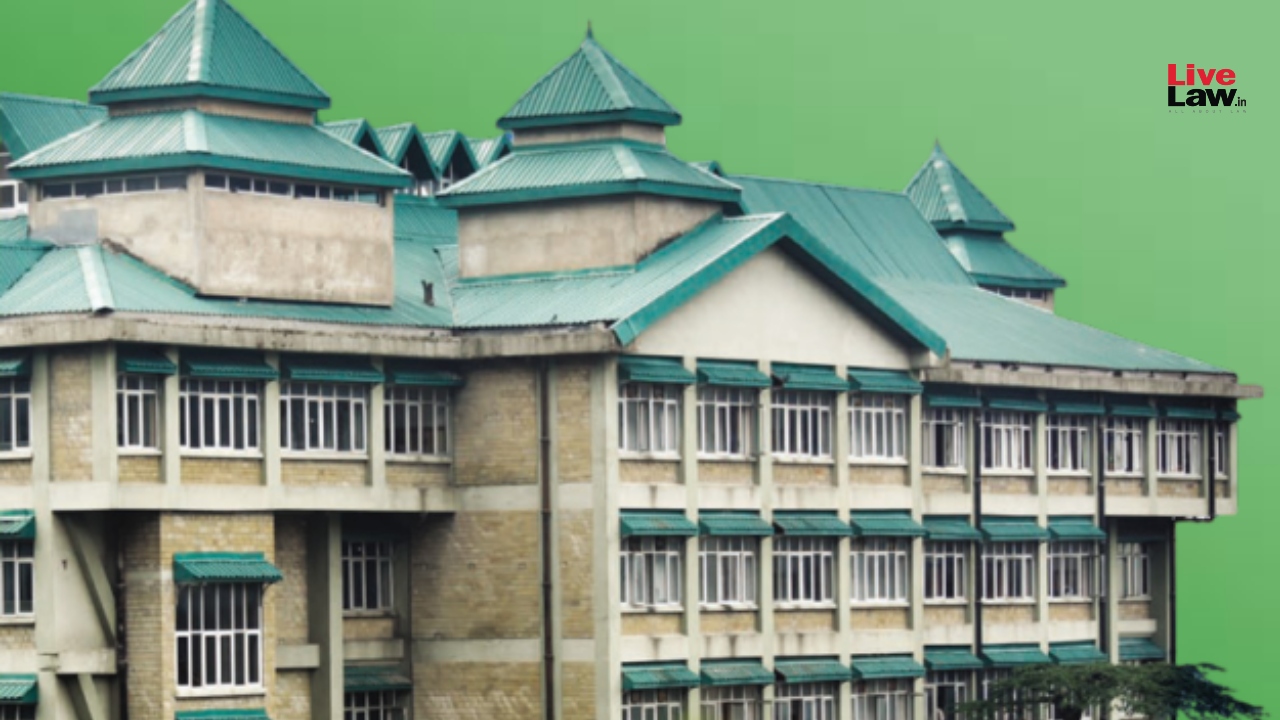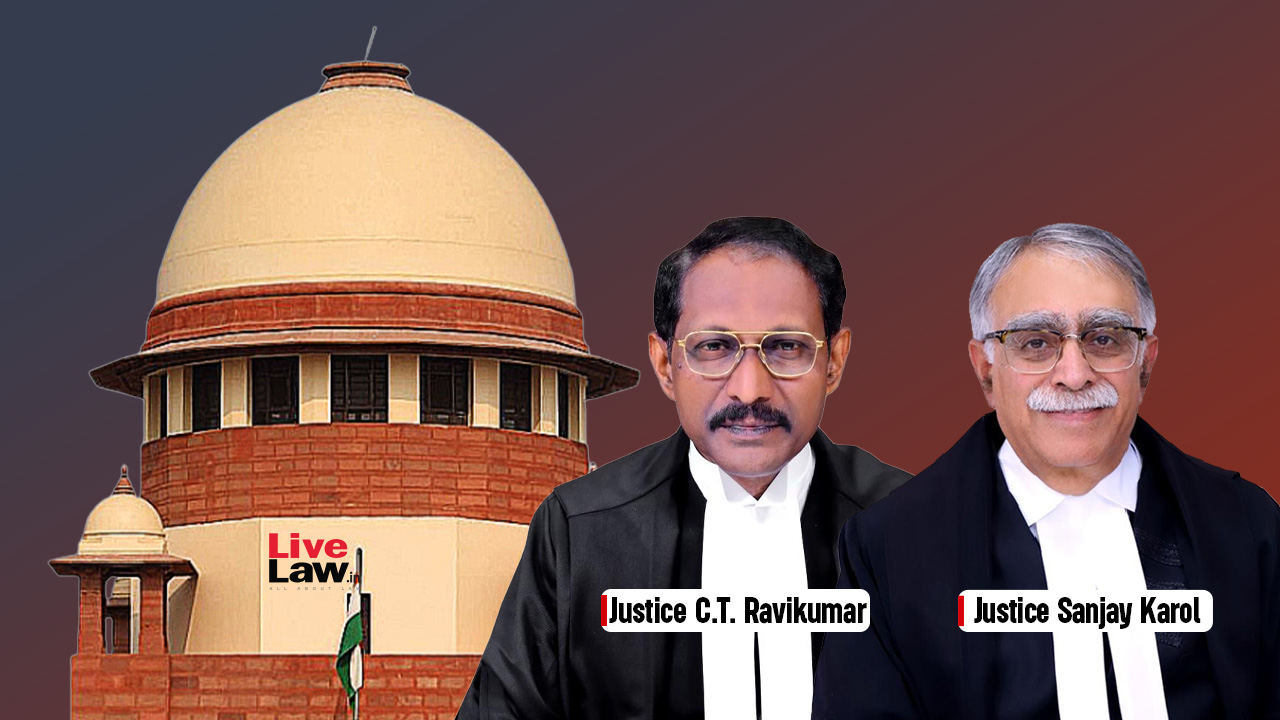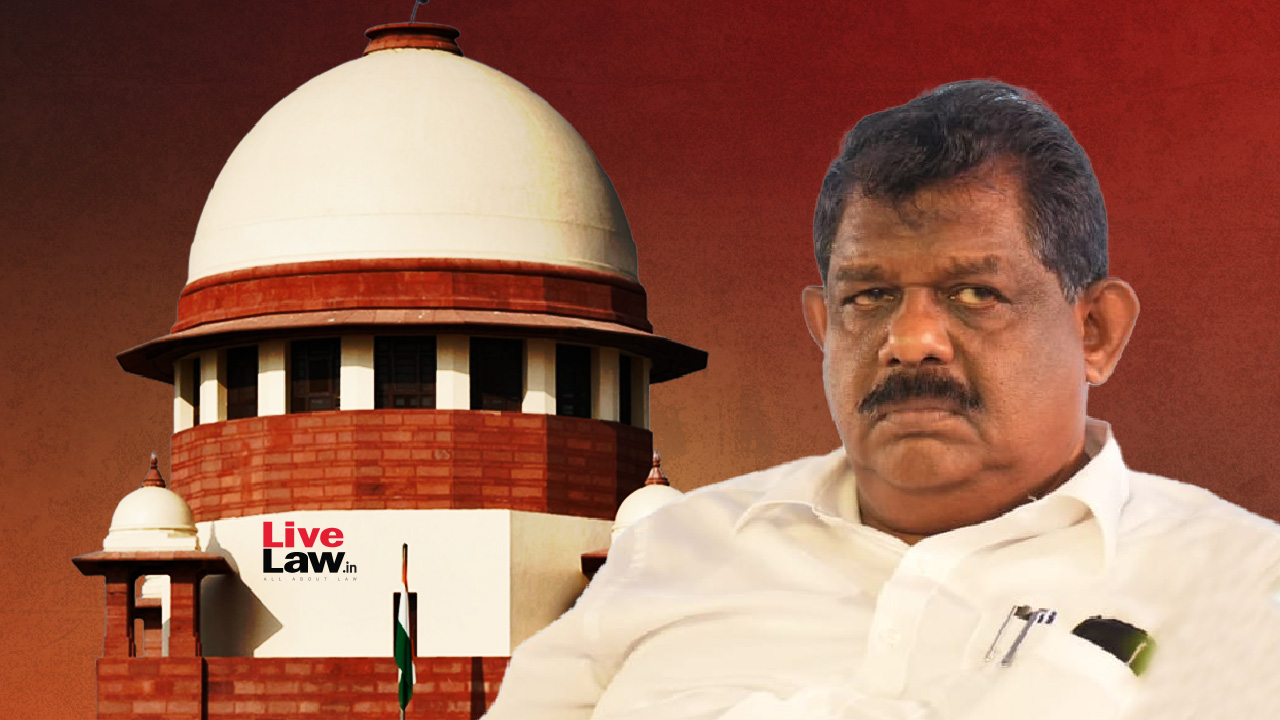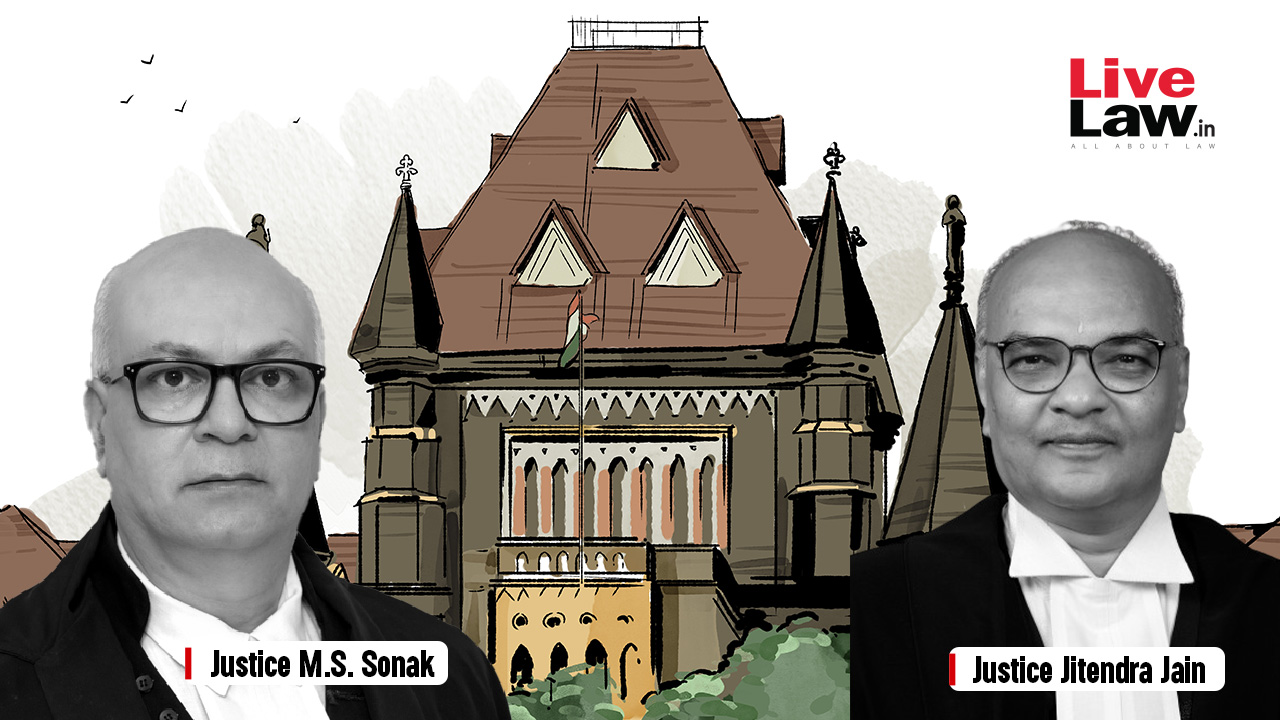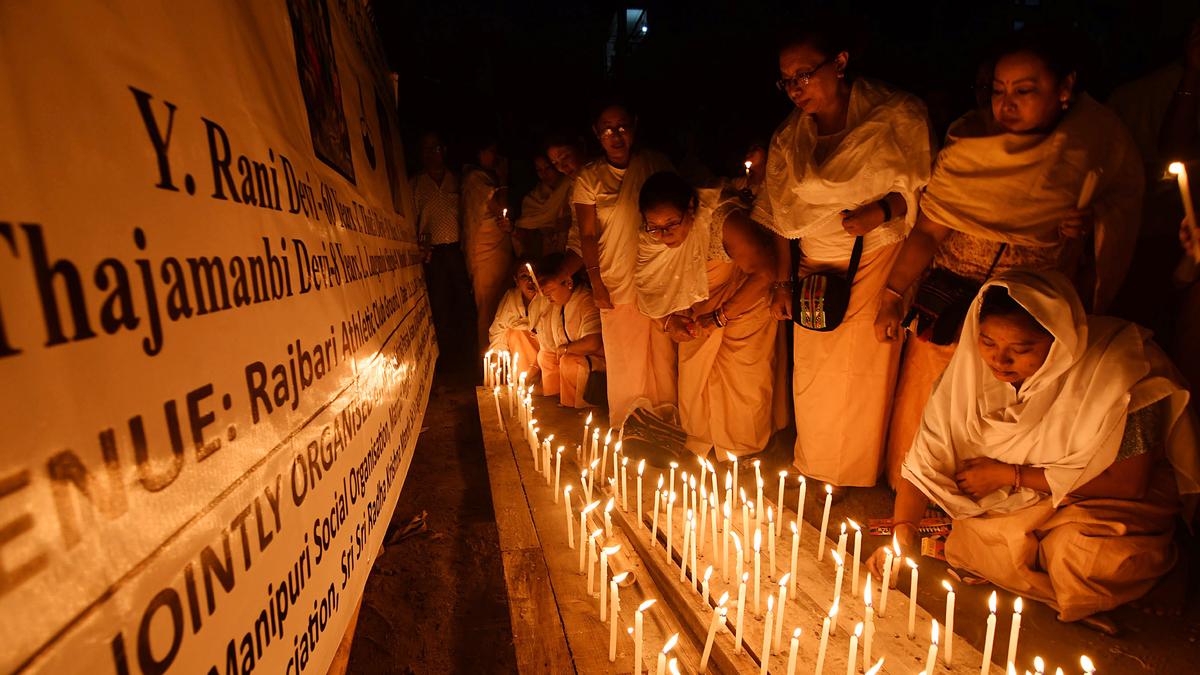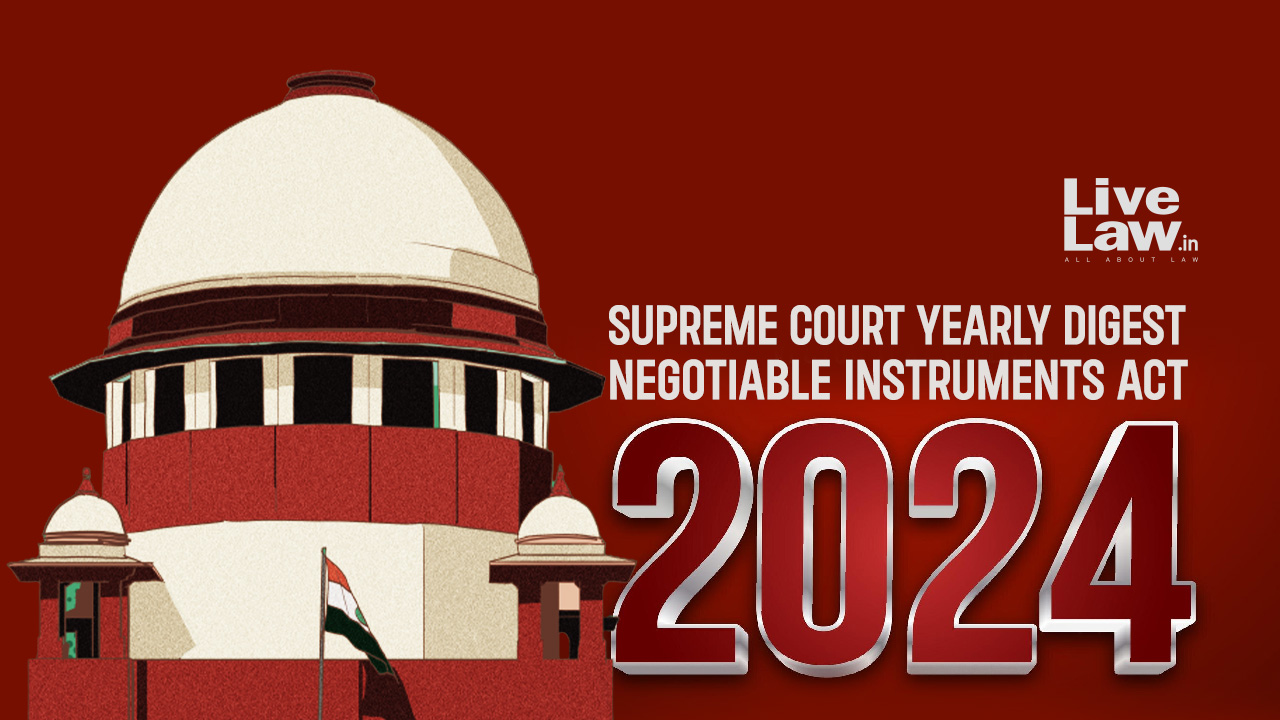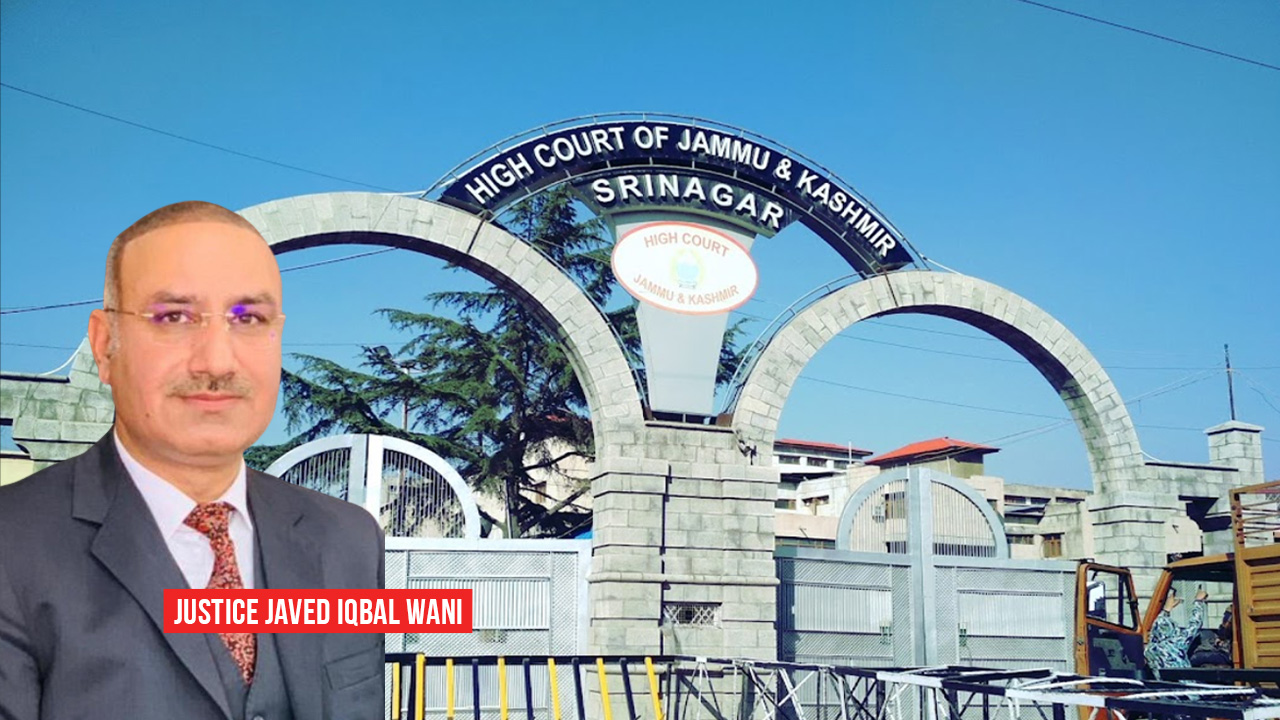![Scope Of Article 226 Of The Constitution Of India: Important Judgments [Part-1]](https://www.livelaw.in/h-upload/images/high-court-weekly-round-uppng)
Scope Of Article 226 Of The Constitution Of India: Important Judgments [Part-1]
Live LawV/s DISTRICTCOLLECTOR CHITTOOR DIST. Even assuming that there had been any error in the computation of marks in respect of fixed and movable assets, the High Court could, at best, have remitted the case of respondent Prakash Chandra Chaudhary to the concerned authorities for reconsideration…" In exercise of discretionary power of judicial review under Article 226 of the Constitution of India, 1950, the High Court might interfere with administrative matters only if the decision is violative of fundamental or basic principles of justice and fair play or suffers from any patent or flagrant error. 534 OF 2002, HIGH COURT OFALLAHABAD, DATE OF DECISION: 22.01.2016, CORAM: CHIEF JUSTICE DR. D.Y.CHANDRACHUD, JUSTICE DEVENDRA KUMAR UPADHYAYA & JUSTICE RANJAN ROY " Whether a writ petition under Article 226 of the Constitution of India, 1950 can be filed by a power of attorney holder?" If a person under detention files a writ of habeas corpus under Article 226 of the Constitution of India, 1950 before the High Court and the writ petition is dismissed, whether by a detailed order after considering the case on merits or by a non-speaking order, and the said detention is not challenged by preferring a special leave petition under Article 136 of the Constitution of India, 1950, and is allowed to become final, it would still be open to him to file an independent petition under Article 32 of the Constitution of India, 1950 seeking a writ of habeas corpus. V/s Rajendra Shankar Patil, 8 SCC 329 and in this case, Shalini Shyam Shetty & Anr., the scope of interference by the High Court in civil matters/ private disputes under Article 226 of the Constitution of India, 1950 was considered and it was held that the High Court committed an error in entertaining writ petition in a dispute between landlord and tenant, where the respondent was only a private landlord.
History of this topic
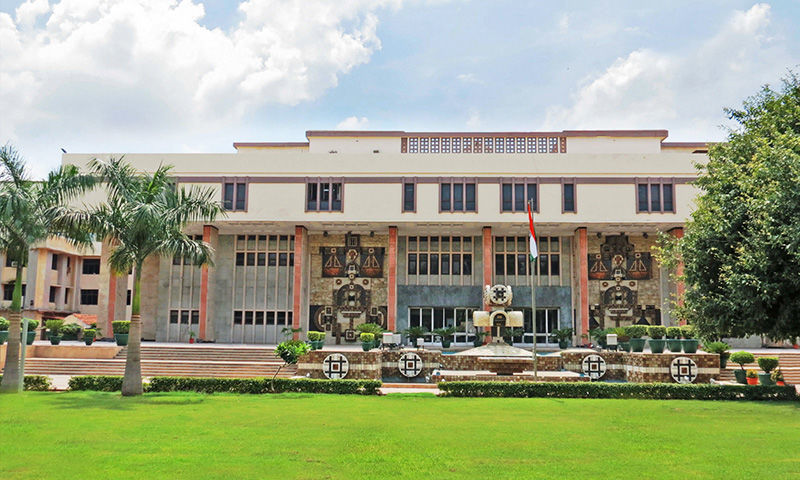
Writ Jurisdiction Can Be Exercised Only When Either The Person Or Authority To Which Writ Issued, Or Cause Of Action Is Within Its Territory: Delhi HC
Live Law
Article 226 | Court Cannot Re-Appreciate Evidence Already Considered By Departmental Authorities: Delhi High Court
Live Law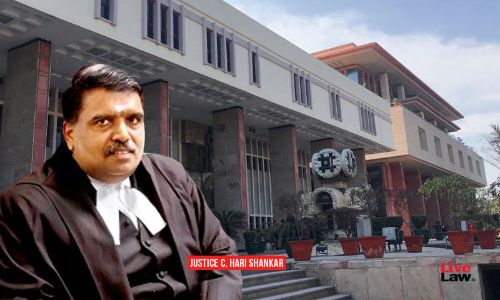
High Court Cannot Exercise Jurisdiction Under Article 227 To Monitor Progress Of Cases Before Fora Below: Delhi HC
Live Law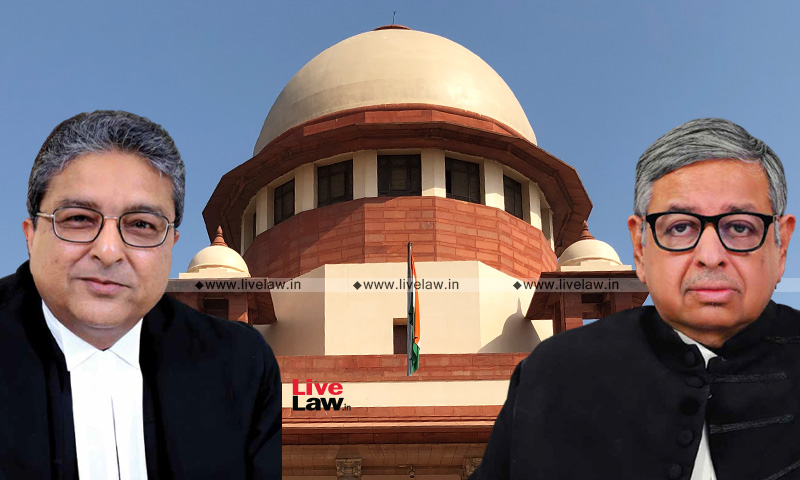
Article 227 - High Court Cannot Go Deep Into Factual Issues Like An Appellate Body : Supreme Court
Live Law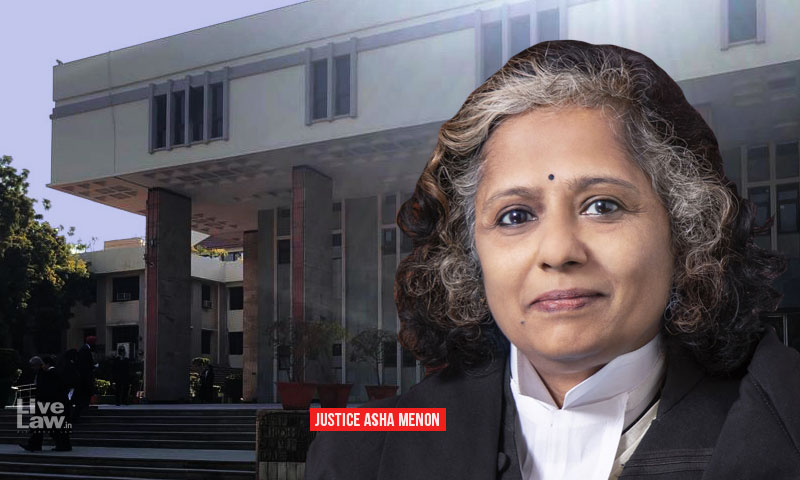
Mere Wrong Decision Without Anything More Not Enough To Attract Jurisdiction Under Article 227: Delhi High Court
Live Law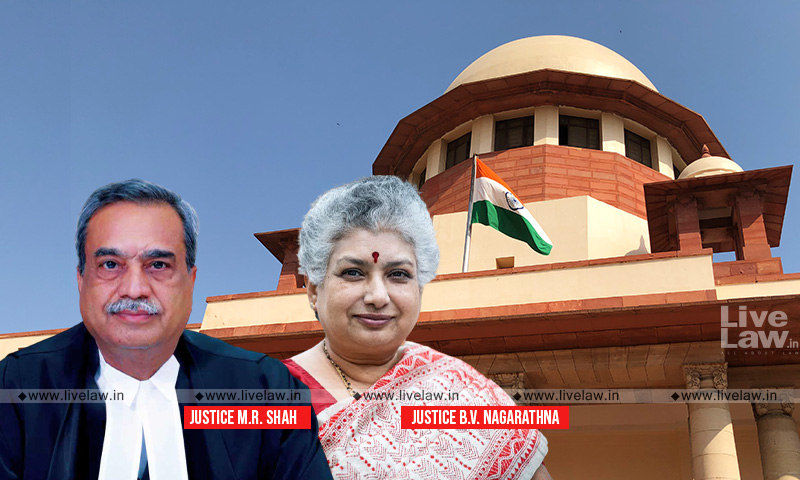
Article 226 - Writ Of Mandamus Virtually Granting Specific Performance Of Contract/Work Order Cannot Be Issued: Supreme Court
Live Law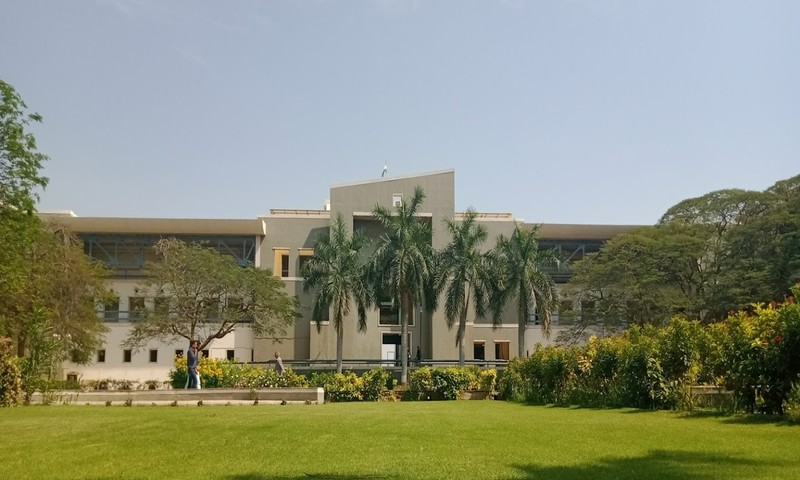
Difference Between Article 226 & Article 227 Of Constitution: Gujarat High Court Explains
Live Law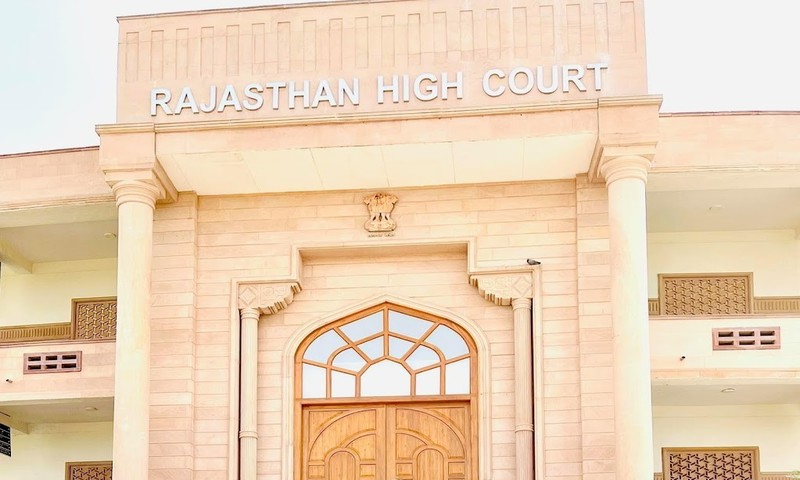
Power Of Judicial Review Under Article 226 Is Basic Feature Of Constitution; Can't Be Curtailed By Any Legislation: Rajasthan High Court
Live Law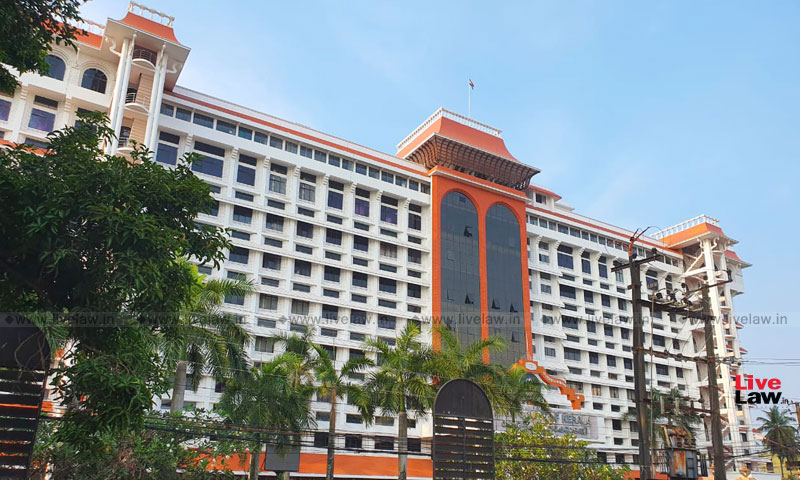
Being A Court Of Record, High Court Can Review Its Own Judgments Under Article 226 Of the Constitution: Kerala High Court
Live Law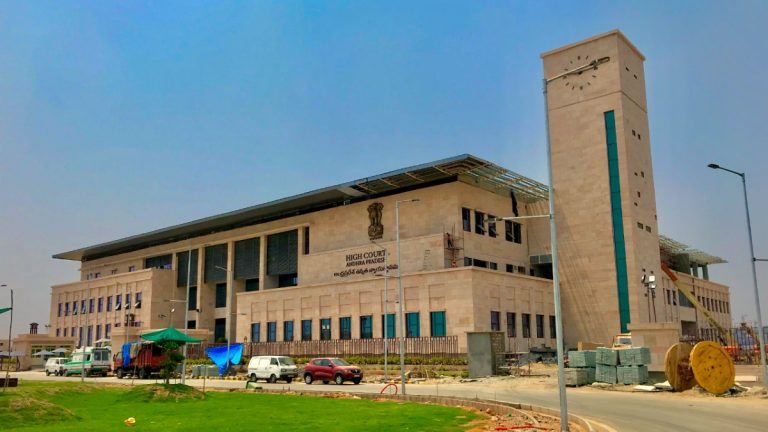
Bar Against Hearing Of Election Disputes By Courts U/A 329 Prevails Over High Court's Powers U/A 226 Of Constitution: Andhra Pradesh High Court
Live Law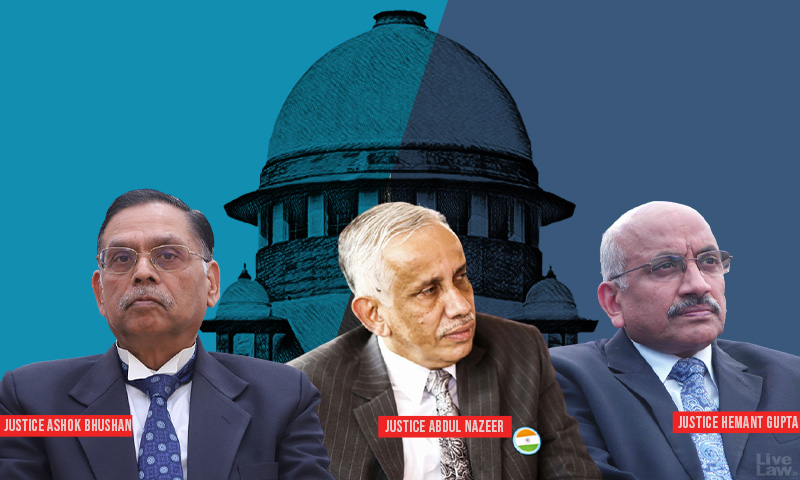
Petition Styled As One Under Article 226 Would Not Bar High Court To Exercise Its Jurisdiction Which Otherwise It Possesses: Supreme Court
Live Law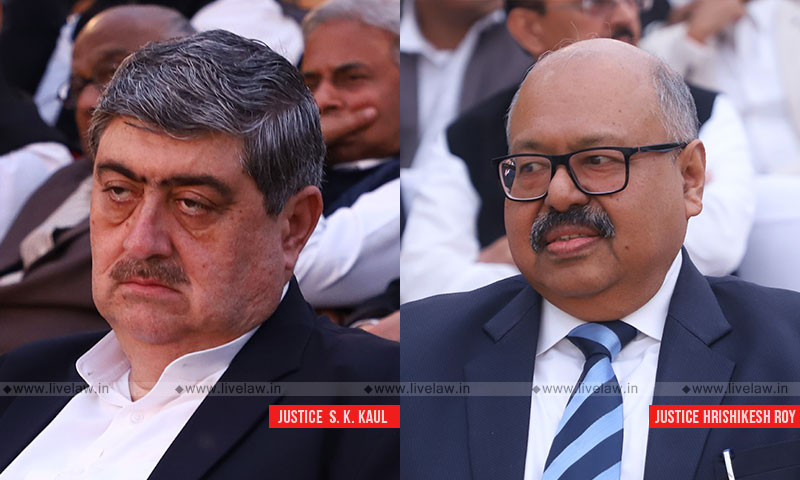
Recording Of Reasons: Approach Of Article 136 Cannot Be Adopted While Deciding Petitions By The High Court Under Article 227 : Supreme Court
Live Law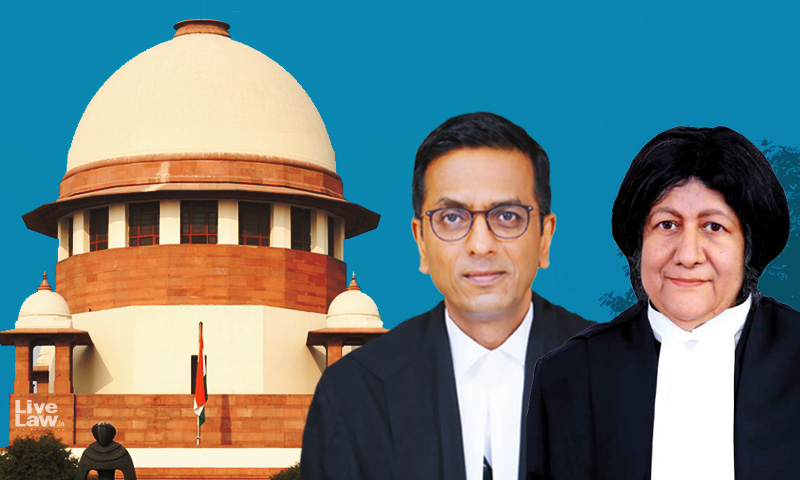
High Courts Have Power To Grant Bail By Invoking Article 226 In Suitable Cases: Supreme Court
Live Law![HC Cannot Convert Itself Into Court Of Appeal While Considering Petitions Under Article 227: SC [Read Judgment]](https://www.livelaw.in/h-upload/2019/09/06/364115-justice-navin-sinha-justice-br-gavai.jpg)
HC Cannot Convert Itself Into Court Of Appeal While Considering Petitions Under Article 227: SC [Read Judgment]
Live Law![High Court In Article 226 Proceedings Does Not Adjudicate Correctness Of Allegations In FIR: SC [Read Judgement]](https://www.livelaw.in/h-upload/2020/02/18/370385-supreme-court-of-india-04.jpg)
High Court In Article 226 Proceedings Does Not Adjudicate Correctness Of Allegations In FIR: SC [Read Judgement]
Live Law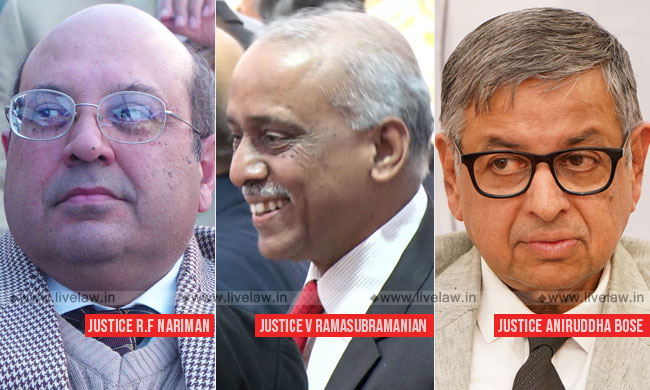
When Can Statutory Alternative Remedy Be Allowed To Be Bypassed For Invoking Writ Jurisdiction Under Article 226? SC Explains
Live Law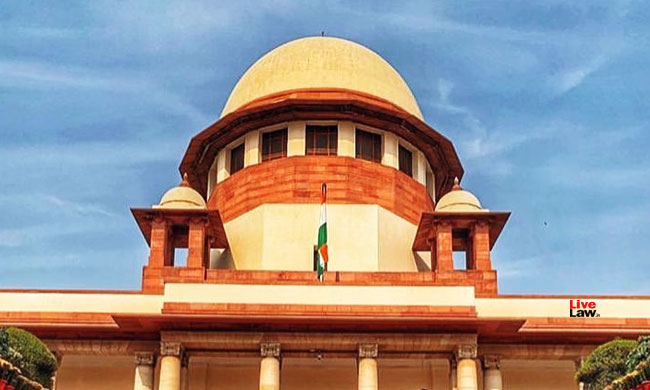
Alternative Remedy And Supervisory Jurisdiction Of High Courts Under Article 227 Of Constitution
Live Law![Scope Of Article 226 Of The Constitution Of India: Important Judgments [Part-2]](https://www.livelaw.in/h-upload/images/high-court-weekly-round-uppng)
Scope Of Article 226 Of The Constitution Of India: Important Judgments [Part-2]
Live LawDiscover Related
